Plumbing issues, especially leaks, can cause significant damage if not addressed promptly. Whether it's a small drip under your sink or a major pipe burst, it’s essential to understand how to manage these problems and when to seek professional help. This guide will walk you through the fundamentals of leak repair, plumbing maintenance, and how 24/7 emergency services can provide peace of mind when disaster strikes.
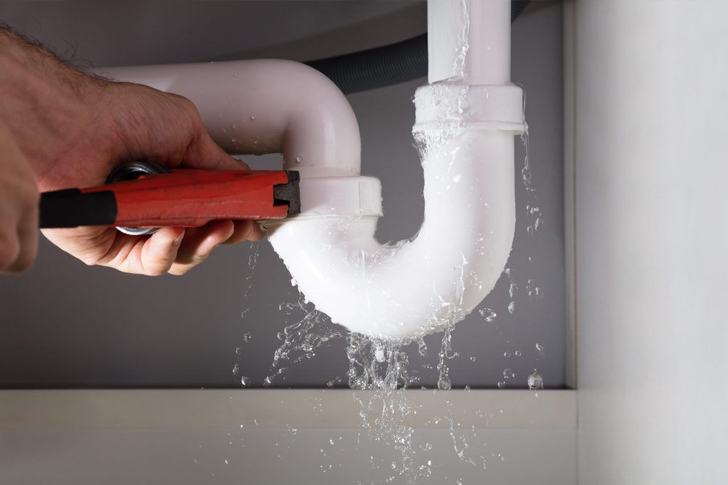
Leaks can occur in many areas of your plumbing system, and understanding the most common causes can help you identify potential issues before they escalate.
Depending on the severity of the leak, there are different ways to approach repairs. Here’s a breakdown of common techniques:
While some plumbing leaks require professional help, others can be managed by homeowners with basic tools. Here’s how to approach DIY repairs:
For more serious leaks, such as those in hidden pipes or complex plumbing systems, it’s best to hire a licensed plumber. Professionals have specialized tools like leak detection equipment, which can pinpoint the exact location of a leak without unnecessary damage to your walls or flooring. Plumbers can also handle issues like:
Prevention is key when it comes to plumbing problems. By performing regular maintenance and keeping an eye out for warning signs, you can avoid costly repairs down the line.
Schedule annual or bi-annual plumbing inspections to detect early signs of damage. A plumber will check for weak or corroded pipes, worn-out washers, or potential issues with your water heater and other plumbing systems.
Pipes exposed to freezing temperatures are more prone to bursting. Insulating pipes, especially those in attics, basements, or crawlspaces, can help prevent freezing and burst pipes during the winter months.
Too much pressure can stress your pipes and lead to leaks. Use a water pressure gauge to ensure the pressure in your system is within the recommended range (usually between 40 and 60 psi). If it’s too high, consider installing a pressure-reducing valve.
Avoid clogging your drains and toilets by not flushing non-dissolvable materials like wipes, paper towels, or grease. Regularly clean your drains with a plunger or drain snake, and use a mild drain cleaner to prevent buildup.
Your water heater should be flushed once a year to remove sediment buildup, which can cause leaks and decrease its efficiency. Check for leaks around the base or connections of the water heater, and inspect the anode rod for corrosion.
Plumbing emergencies can happen at any time, and it’s essential to have access to 24/7 plumbing services for urgent issues. Here’s when you should call an emergency plumber:
A burst pipe can cause severe water damage, and immediate repair is crucial. If you notice a burst pipe, turn off your water supply and contact a 24/7 plumbing service right away to minimize damage.
If your drain or toilet is completely clogged and traditional methods don’t work, it’s time to call for professional help. Severe blockages can indicate deeper issues, such as tree roots in your pipes or a backup in your sewer line.
Sewer line issues, such as backups or leaks, require immediate attention due to the health risks involved. If you notice unpleasant odors, slow drainage, or water backups in your sinks or toilets, call for emergency service immediately.
An overflowing toilet can lead to water damage and sanitation issues, making it a priority emergency. If plunging doesn’t resolve the problem, contact a plumber to inspect the pipes and fix the issue.
If your water heater stops working in the middle of a cold season, it’s essential to call for emergency repair to avoid inconvenience and discomfort. A sudden water heater leak or malfunction can also cause water damage, so a timely response is crucial.
When selecting a plumbing service, it’s important to find one that offers reliable, professional, and 24/7 services. Here’s what to look for:
Make sure the plumbing company is licensed and insured. This protects both you and the plumber in case of any accidents or damage during the repair.
Check customer reviews and ask for references to ensure the plumber has experience handling the specific issue you are facing. A good reputation indicates reliability and quality service.
Request an estimate before work begins, and make sure the plumber provides clear pricing with no hidden fees. This will ensure that you aren’t caught off guard by unexpected costs.
Make sure the company you choose offers 24/7 emergency services, as plumbing problems don’t always happen during business hours. Knowing you have someone to call in case of an emergency gives you peace of mind.
Leaks and plumbing issues can quickly escalate into costly and damaging problems if not addressed promptly. Whether you’re dealing with a small leak or a major plumbing emergency, understanding the causes, repair techniques, and maintenance tips will help you manage your plumbing system more effectively. By knowing when to DIY and when to call in a professional, you can ensure that your home stays safe and dry. Remember to always have access to 24/7 plumbing services for peace of mind, knowing that help is just a phone call away.
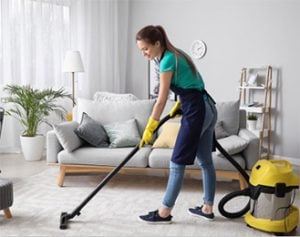
Keeping your carpets clean ensures a healthy and inviting home environment. Discover the importance of professional cleaning and effective cleaning methods in this comprehensive guide.

Buy Now, Pay Later services can be a lifesaver. Here’s how to leverage with ease and flexible payment plans to your advantage.
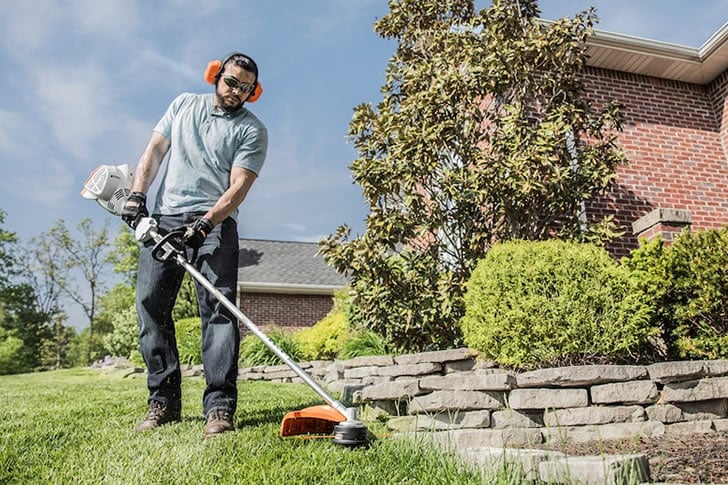
A lush, green lawn enhances your home's curb appeal. Here’s everything you need to know about lawn care services to maintain a pristine lawn year-round.
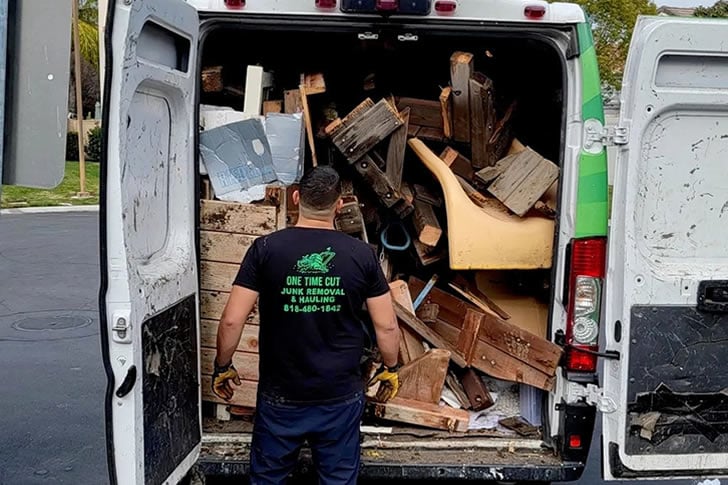
Dealing with clutter can be overwhelming. Here’s a comprehensive guide to help you declutter your home efficiently using professional junk removal services.

Managing costs while utilizing cloud services is crucial for businesses. This guide provides practical advice for optimizing expenses specifically within Oracle Cloud, ensuring you maximize value and efficiency.

Navigating a family funeral can be challenging. Below are tips and advice to help manage funeral services and their costs.
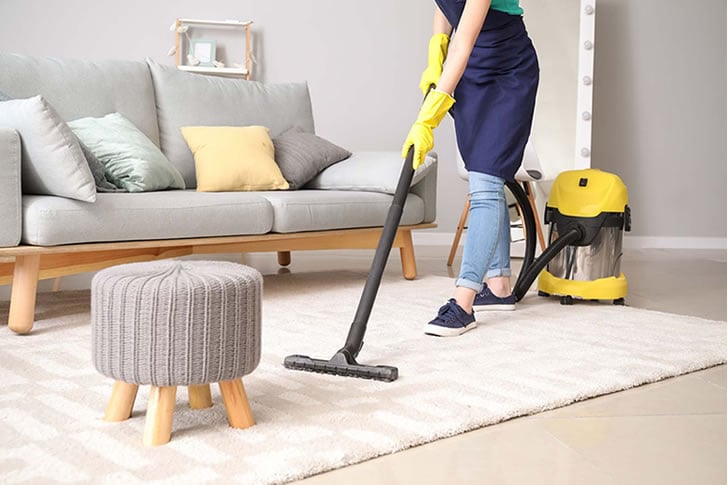
In today's fast-paced world, maintaining a clean home or office can be challenging. Here's your comprehensive guide to finding the top cleaning services at the right cost and rates.
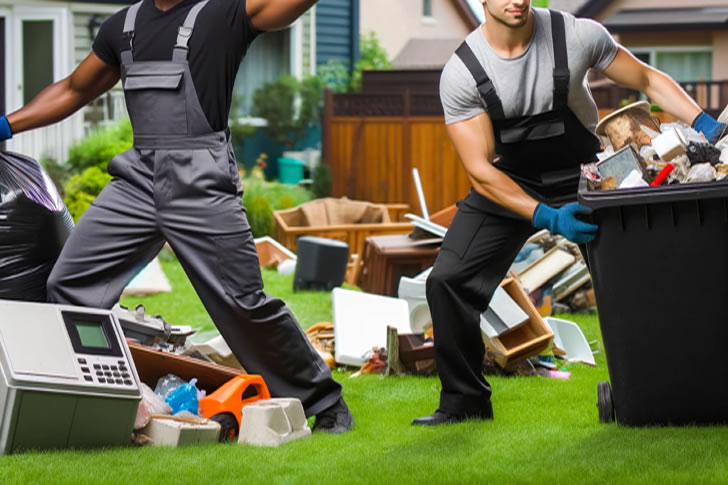
In this guide, we present practical advice on ensuring responsible disposal, finding affordable services, and maximizing positive community impact.